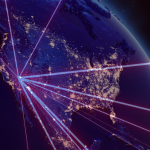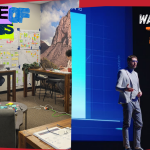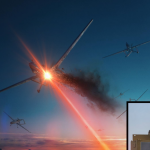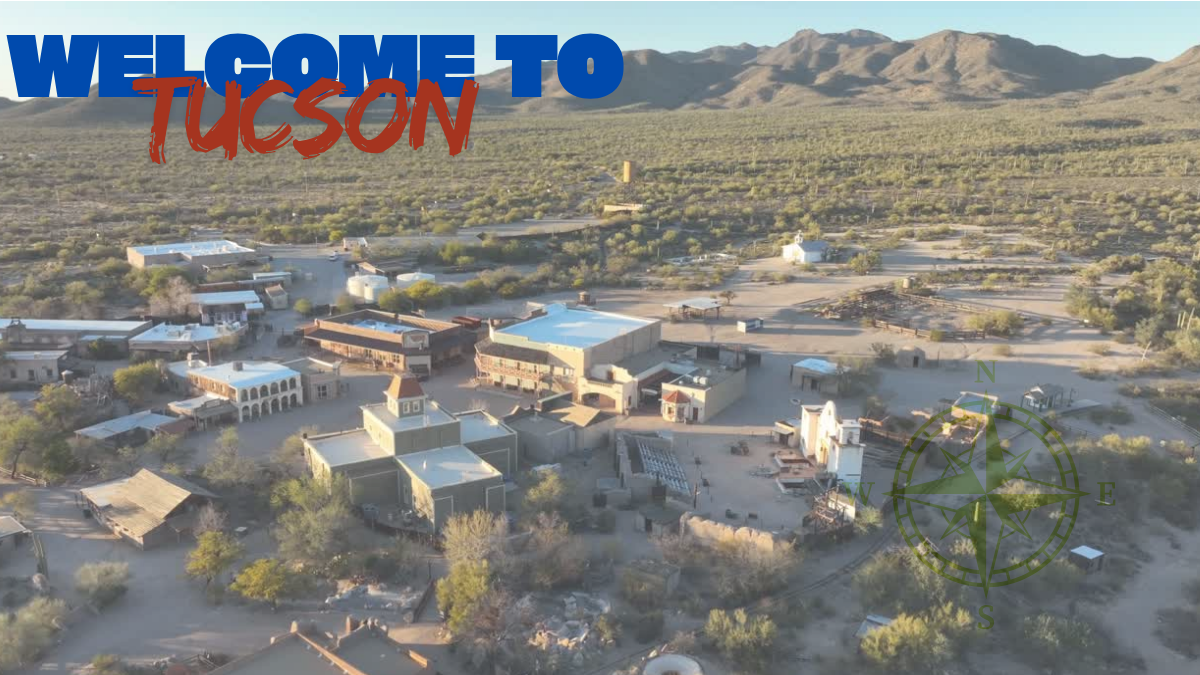Don’t Waste Your Time in Tucson
No tech. Nothing big ever comes out of Tucson. Let’s only stick with lifestyle businesses.
Sure. Let’s keep polishing lattes, selling trinkets, and celebrating “cute little startups” that never scale beyond a city block. Let’s keep exporting our best engineers and innovators to Phoenix, Austin, or the Bay Area. After all, it’s easier to say “we can’t” than to imagine we could.
Sarcasm aside, that’s been the tone of local cynicism for decades. Tucson, the story goes, is where ideas go to retire. It’s too small, too slow, and too stubborn to compete with the big leagues. We’re told we don’t have venture capital, we don’t have scale, and we certainly don’t have billion-dollar exits.
But here’s the inconvenient truth: every tech hub once sounded “exactly” like this.
Austin: Once as Waterloo with a Chip on Its Shoulder
In the early 1980s, Austin wasn’t “Silicon Hills.” It was a sleepy college town with barbecue, a few computer hobbyists, and an attitude that big tech lived elsewhere. Then came Michael Dell, who was building PCs in his dorm room. What followed wasn’t luck; it was momentum. The community backed innovators, local investors took risks, and the culture shifted from “we can’t” to “why not?”
That same spirit turned Austin into one of America’s hottest tech hubs worth billions today.
Utah: From Flyover State to Tech Powerhouse
Utah was once dismissed as a “flyover” state more famous for skiing than software. Yet companies like Qualtrics, Pluralsight, and Domo changed that story. How? Combining strong universities, grit, and a willingness to bet on their talent. The result: “Silicon Slopes,” a global tech brand born from a state most people once overlooked.
These stories aren’t accidents. This is another example of people who envisioned the potential and inspired other visionaries and early adopters to transform a sleepy town into what it is today.
Now, let’s look closer to home. Tucson isn’t the old Cow Town we know and love. Optics Valley has been quietly growing innovation for decades, methodically and often without fanfare.
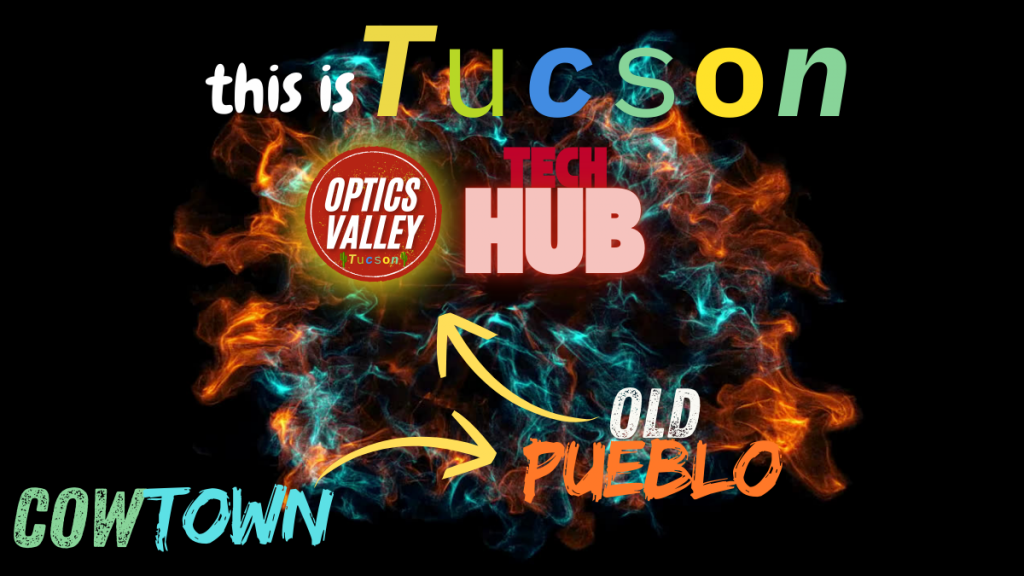
The Hidden Titans of Tucson
Tucson’s history is filled with companies (referenced company data was acquired from public sources and may not be all-inclusive or somewhat inaccurate) that started small, grew large, and made a global impact long before “ecosystem” and “tech hub” were buzzwords.
- Burr-Brown Corporation (Founded 1956):
A pioneering analog semiconductor company that helped power the digital age. Acquired by Texas Instruments in 2000, Burr-Brown became the foundation of TI’s precision analog division, a multi-billion-dollar business today. - Mister Car Wash (Founded 1969):
Not exactly “tech,” but definitely scalable. What began as a single Tucson car wash grew into a national powerhouse, raising $240 million in private funding before going public on the NYSE. Proof that scale doesn’t care about your zip code. - Canyon Ranch (Founded 1979):
A global leader in health and wellness resorts that turned Tucson into a destination for holistic innovation long before “wellness tech” existed. With $150 million in private investment, it defined a new industry segment. - Universal Avionics Systems (Founded 1981):
Developed advanced cockpit display and flight management systems that reshaped aviation safety and efficiency. Acquired by Elbit Systems in 2018 for $120 million, this Tucson success continues to power aircraft worldwide. - Ventana Medical Systems (Founded 1985):
The giant you’ve probably never heard of was acquired by Roche in 2008 for $3.4 billion. Ventana transformed cancer diagnostics globally. Its impact on precision medicine echoes from Tucson labs to hospitals across the planet. - Simpleview (Founded 1991):
A digital marketing and data powerhouse serving tourism and destination organizations worldwide. Recently acquired by Granicus (2024), Simpleview is one of Tucson’s most successful software stories. - LaserTel (Founded 2000):
Specialized in high-power laser diodes. Acquired by Leonardo (2009) for $10 million, it became part of a global defense technology network. - SynCardia Systems (Founded 2001):
Creator of the world’s first total artificial heart. Yes, an actual artificial heart, born in Tucson. Backed by $39.4 million in private funding, SynCardia has saved countless lives worldwide. - 4D Technology (Founded 2002):
Innovators in laser interferometry and optical metrology, 4D was acquired by Nanometrics (Onto Innovation) for $40 million in 2018. Their precision optics power everything from semiconductor inspection to aerospace manufacturing.
This is a small representation of Optics Valley’s product. The product is broader and deeper than most can imagine. I am not most…
No, we aren’t cranking out unicorns, but we have the innovation and the grit to build. That’s a quiet revolution built one engineer, one entrepreneur, and one exit at a time.
The Next Chapter: Optics Valley Rising
So, why bother with Tucson?
The next wave of innovation is already forming because we’re standing on the shoulders of giants.
The Tucson metro is the heart of Optics Valley, a globally recognized hub in photonics, optics, defense, and precision manufacturing. The Wyant College of Optical Sciences anchors over $1 billion in annual research, feeding startups in laser systems, optics, sensors, AI vision, autonomous, fusion energy, quantum, biotech, and MedTech technologies.
Add to that the University of Arizona’s Mirror Lab, producing some of the world’s largest telescope mirrors for space exploration and astronomy, and you start to see the pattern. Tucson doesn’t chase trends; it builds them and the tools to make them possible.
Emerging AI, space, defense, and photonics startups are writing the next chapter. The difference? This time, the ecosystem is ready to back them. Networks like Startup Zones, Tucson Tech, Tech Launch Arizona, and Optics Valley are bringing entrepreneurs, mentors, and manufacturers together under one mission: scale what’s next.
From Sarcasm to Strategy
So, keep saying “nothing big comes out of Tucson.”
Say it while engineers design directed-energy systems for defense.
Say it while AI companies train models for autonomy in the desert.
Say it while the next $1-billion optics or biotech exit takes shape.
Because while the skeptics talk, the builders are already at work.
And one day soon, when people ask, “Why bother with Tucson?” the answer will be simple:
Because that’s where the future was being built all along.
Call to Action: Join the Builders
If you’re an entrepreneur, engineer, or visionary who wants to help shape what comes next, don’t wait for permission. Get involved.
Join Startup Zones at startupzones.org, where pre-incubation, mentoring, and training programs help small-town and underserved entrepreneurs scale nationally.
Explore Tucson Tech at tucsontech.org, where innovators, investors, and ecosystem builders come together to create what’s missing.
Because Tucson doesn’t need another plan.
It needs bold moves and builders like you.





